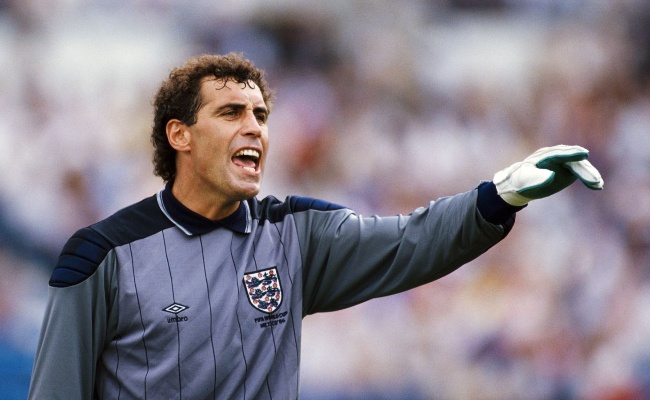Five greatest goalkeepers in the FIFA World Cup history
The goalkeepers are always being criticized for being the most saved species in football but in reality, they are the ones who are always blamed for even the small mistakes. Not every goalie is a sweeper or who gets out of the line but the fans have been fickle-minded. Amidst all this unwanted criticism, they always put the team first. They have done this repeatedly across all competitions, especially in the quadrennial competition like the FIFA World Cup.
As the popular saying goes, goalkeepers cannot afford to make a mistake, and in an event like the World Cup, goalkeeping becomes more important than scoring goals. In this article, we shall look at the five greatest goalkeepers in FIFA World Cup history who have left a long-lasting impact not only on the tournament and fans but also on the sport.
1. Lev Yashin (USSR)
Known as “Black Spider” for his acrobatic saves between the posts, Lev Yashin revolutionized goalkeeping during his three World Cups (1958-1966). The former Soviet Union shot-stopper featured in 12 World Cup games and his best moment has to be him leading his side to the best-ever finish of the Soviet Union on the global stage, fourth-placed.
Against Hungary in the quarter-finals, he made multiple spectacular saves in the series, and pulling off the save against Ferenc Bene defied physics. Yashin coming off the lines, organizing and commanding the defense brought a revolution in goalkeeping. He was the only shot-stopper to win the Ballon d’Or when he won in 1963. His trademark all-black outfit and extraordinary reflexes made him an iconic figure in the history of the sport.
2. Sepp Maier (West Germany)
Known as "The Cat from Anzing," Maier appeared in 18 World Cup matches across three tournaments (1970, 1974, and 1978). His crowning achievement came in 1974 when he led West Germany to World Cup glory on home soil.
Maier's defining moment was in the 1974 final against the Netherlands, where he expertly marshaled his defense against Johan Cruyff's Total Football. Throughout that tournament, he conceded only four goals in seven matches. Maier played 442 consecutive Bundesliga matches and brought the same reliability to the international stage. Maier's positioning was impeccable, and his ability to maintain concentration throughout matches set him apart from his contemporaries.
3. Dino Zoff (Italy)
The oldest player to win the FIFA World Cup, Italy’s Dino Zoff captained the Italian national side to the World Cup in 1982 at the age of 40. Playing over three World Cups, Dino Zoff appeared in over 17 matches and has the longest stretch without conceding a goal in international football, 1142 minutes.
The most iconic moment of Zoff came against West Germany in the 1982 final, where he had several saves alongside stopping Karl-Heinz Rummenige. During the 1982 tournament, he exuded calmness and perfect positioning, maintaining two clean sheets. His ability to perform under severe pressure makes him one of the greatest goalkeepers in FIFA World Cup history.
4. Peter Shilton (England)
The English shot-stopper with a record 17 World Cup appearances across a career spanning three World Cups, 1982-1990, Peter Shilton is a hallmark for longevity in the FIFA World Cup. The shot-stopper with consistency almost had his hands on the 1990 World Cup until the defeat came against the Germans.
Even in that game, the player had multiple saves in his bucket until they lost in the penalty shootout. He was on the wrong end of the “Hand of God” event but had commanding performances. He commanded his box and his ability to defend one-on-one situations made him the greatest goalkeeper for England. He also had three consecutive clean sheets in the 1990 World Cup on England’s way to the semifinals.
5. Gianluigi Buffon (Italy)
Participating in one World Cup is a dream for many but this Italian shot-stopper had five World Cups under his belt. Spanning his World Cup career from 1998 to 2014, Gianluigi Buffon led his team to World Cup glory in 2006.
In seven games, the shot-stopper conceded only two goals. Of the two goals, one goal was an own goal whereas the other one was a penalty. His leadership, athleticism between the posts, and positioning is what made him great.
The player’s best moment came in the 2006 World Cup where he tipped Podolski’s shot in the extra time to the crossbar against Germany to keep Italy alive in the competition. His five clean sheets and saves in a penalty shootout in finals against France, cement his legacy as one of the greatest goalkeepers in FIFA World Cup history.
